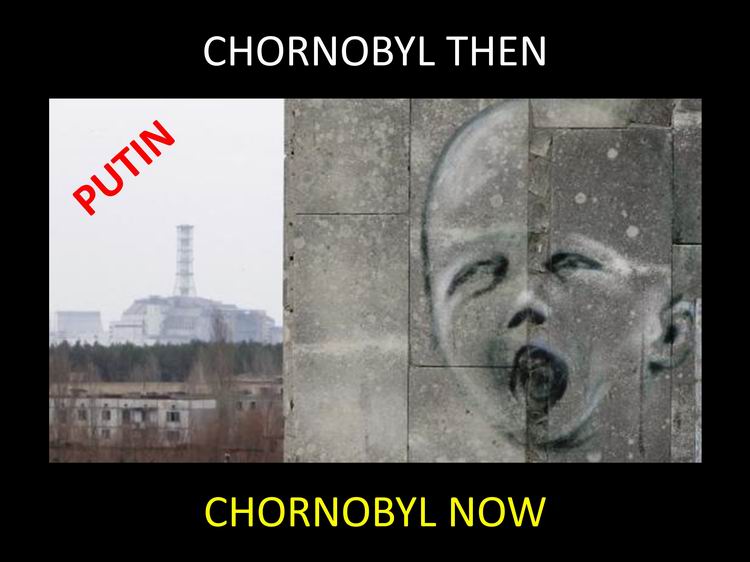CRI - DU - CHAT SYNDROME
 [for Professionals mainly] [for Professionals mainly]
Alternative titles; symbols
CAT CRY SYNDROME
Gene Map Locus: 5p15.2
... Cri - du - chat syndrome was first described by Lejeune et al. (1963) as a hereditary congenital syndrome associated with deletion of part of the short arm of chromosome 5 ... Majority of deletions arise as new mutations, approximately 12% result from unbalanced segregation of translocations or recombination involving a pericentric inversion in one of the parents.
The syndrome is characterized in young children by microcephaly, round face, hypertelorism, micrognathia, epicanthal folds, low-set ears, hypotonia, and severe psychomotor and mental retardation. One of the most characteristic features in newborn children is a high-pitched cat-like cry that is usually considered diagnostic for the syndrome … Majority of patients die in early childhood, some survive into adulthood and exhibit an IQ below 20, a loss of hypertelorism and epicanthic folds, and development of a thin, narrow face with prominent nasal bridge …
Malformations in the bony contours of the sella turcica and the clivus occurred in cri - du - chat patients with terminal deletions … Specific cranial base region develops around the notochord at the location from where the rhombencephalic - derived brain stem, pons, and cerebellum develop dorsally, and from where the neurons to the larynx migrate ventrally …
With advancing age the clinical picture of the cri - du - chat syndrome becomes less striking … Some of the clinical characteristics, such as long face, macrostomia, and scoliosis, became more evident. All patients were severely or profoundly mentally retarded except for one who was mildly retarded … Most patients had periods of destructive behavior, self mutilation, and aggression …
A critical chromosomal region involved in the high-pitched cry mapped to proximal 5p15.3 (probe D5S727), while the chromosomal region involved in the remaining features of the syndrome mapped to a small region within central 5p15.2 …
Cri - du - Chat Syndrome Support Group (Great Britain)
Cri - du - Chat Syndrome Support Group, 2007
 [Support Groups] [Illustrated] [Support Groups] [Illustrated]
Cri du Chat Syndrome ("Cry of the cat" in French) is a genetic disorder caused by the loss or misplacement of genetic material from the fifth chromosome. It was first identified in 1963 by Professor Lejeune, who also identified Downs Syndrome. He described the syndrome after the sound that many of the babies and young children make when crying …
Overview of 5p- Syndrome
 [Support Groups] [Support Groups]
Each year in the United States, approximately 50 to 60 children are born with 5p- Syndrome (five p minus), also known as Cat Cry Syndrome or Cri du Chat Syndrome. 5p- Syndrome is characterized at birth by a high pitched cry, low birth weight, poor muscle tone, microcephaly, and potential medical complications. "5p-" is a term used by geneticists to describe a portion of chromosome number five that is missing in these individuals. Children born with this rare genetic defect will most likely require ongoing support from a team of parents, therapists, and medical and educational professionals to help the child achieve his or her maximum potential … Family settings with the benefit of early intervention programs made remarkable progress … 5p- Syndrome have difficulty with language … Have poor muscle tone when they are young … Feeding difficulties, delays in walking, hyperactivity, scoliosis, and significant retardations …
Cri Du Chat Support Group of Australia (Australia)
Cri du Chat Support Group of Australia, 2007
 [Support Groups] [Support Groups]
5p- Society
5p- Society, 2007
Info for students about 5p- by Elaine (Great Britain)
If you are writing a report on Cri - Du - Chat Syndrome then this page is for you … Is a chromosomal abnormality which results in learning difficulties. Most children will have severe learning difficulties, though some are only mildly affected. It is estimated that CDC affects 1:50 000 people world-wide …
Physical features
Please note that not all people with CDC will show all of these features
Babies
Characteristic high pitched cry at birth
Low birth weight
Poor muscle tone
Developmental delay
Small head
Round "moon" face
Children
Small thin build and short stature
Typical facial features - small chin, long nose, which don't look particularly odd, but the children look as if they are related
Delay in mobility, speech and toilet training
Older children often have protruding teeth as their heads and jaws are small, but the teeth are normal size.
Some children also have internal abnormalities such as heart defects or absent kidneys, some also develop curvature of the spine
Contrary to what the old textbooks say CDC children do not die in early infancy. Life span is expected to be relatively normal, though there are some signs of premature ageing …
Cri Du Chat Syndrome ABC: Associazione Bambini
 [Support Groups] [Italian] [Support Groups] [Italian]
In questa pagina vengono riportate le date più importanti che hanno visto ... Appuntamenti ...
Svenska Cri Du Chat - Sallskapet
 [Support Groups] [Swedish] [Support Groups] [Swedish]
Efter den forsta CDC-traffen pa Agrenska i februari 1995 bildades ett informellt natverk med de deltagande familjerna ...
Cri Du Chat Syndrome
Asociacion Nacional De Afectados Por El Sindrome Del Maullido Del Gato
 [Support Groups] [Spanish] [Support Groups] [Spanish]
Deletion 5p- Syndrome
I.B.I.S. Birth Defects, July 31, 2002
 [Ukrainian] [Ukrainian]
Anomalies associated with 5p- syndrome ... Decription ... Diagnosis and prenatal diagnosis ... OMIM number.
________________________________________________________________________________________________
Last Updated: 2023/07/25
________________________________________________________________________________________________
|


 [for Professionals mainly]
[for Professionals mainly]




